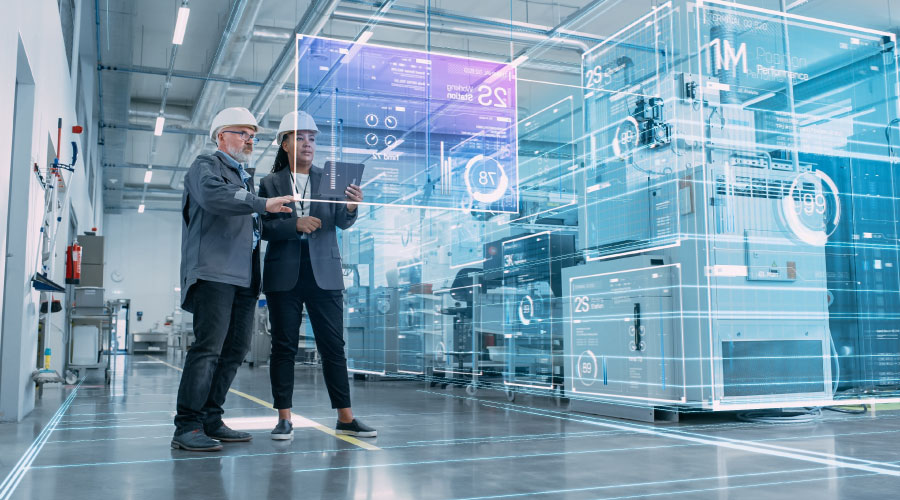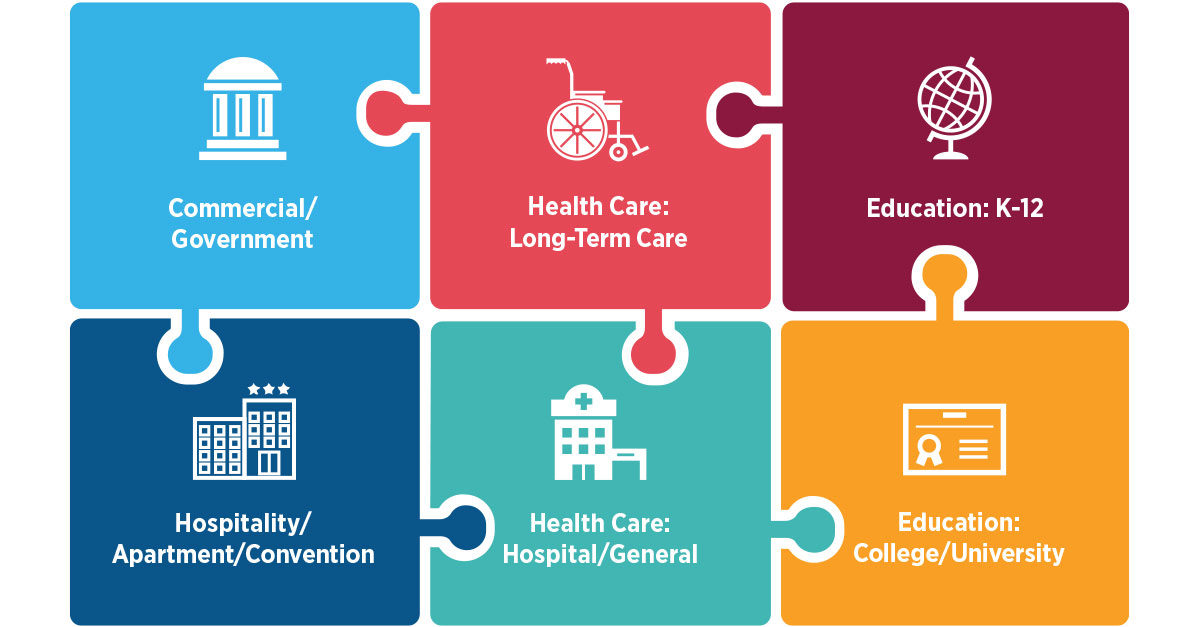Facility Management Solutions-- Maximize Your Structure's Performance
Facility Management Solutions-- Maximize Your Structure's Performance
Blog Article
Trick Trends Shaping the Future of Facility Management in 2024
As we look in advance to 2024, the landscape of center management is positioned for considerable change, driven by several vital trends. The integration of smart building innovations and a shift in the direction of data-driven decision-making promise to enhance operational performance while prioritizing sustainability in technique. Moreover, the appearance of hybrid job versions is reshaping office atmospheres, demanding cutting-edge style remedies that deal with advancing employee requirements. Amid these changes, the concentrate on owner wellness continues to obtain grip, underscoring the significance of a healthy and balanced workplace. How these patterns will certainly show up in practice continues to be an important question for sector professionals.
Smart Building Technologies

Smart structure modern technologies incorporate a vast variety of systems, including intelligent lights, heating and cooling controls, and safety and security systems. By integrating these systems, center managers can keep track of and readjust criteria in real-time, bring about significant decreases in power waste and operational expenses. Smart sensing units can discover occupancy levels and change lighting and temperature level appropriately, making sure that power is only used when essential.
Additionally, these innovations help with enhanced data collection, enabling companies to track usage patterns and determine possibilities for further enhancements. The application of smart building technologies not only adds to sustainability goals however also develops much healthier job settings that can improve employee performance and complete satisfaction.
As we move right into 2024, the fostering of wise building technologies will likely accelerate, showing a wider change towards even more intelligent, receptive, and sustainable center administration practices.
Data-Driven Choice Making
Significantly, organizations are leveraging data-driven choice making to improve facility monitoring techniques. By utilizing data analytics, center managers can derive workable insights that dramatically boost operational effectiveness and resource appropriation. The integration of sophisticated technologies, such as IoT sensing units and real-time surveillance systems, makes it possible for the collection of vast quantities of data on building efficiency, occupancy prices, and energy usage.
This riches of info allows center managers to identify patterns, anticipate upkeep demands, and proactively address problems prior to they intensify. Predictive analytics can forecast equipment failures, reducing downtime and repair expenses. In addition, information visualization tools promote far better communication amongst stakeholders, making sure that notified decisions are made collaboratively.
In addition, data-driven strategies improve calculated planning by making it possible for facility supervisors to analyze the efficiency of existing practices and make notified options concerning investments in modern technology or infrastructure. As companies increasingly prioritize functional quality, data-driven decision making is poised to end up being a cornerstone of successful center administration strategies in 2024 and past. Inevitably, the capability to leverage data successfully will encourage companies to develop more reliable, efficient, and resilient centers.
Sustainability and Environment-friendly Practices
The focus on data-driven choice making naturally aligns with the growing focus on sustainability and green methods within facility monitoring. As companies progressively focus on environmental obligation, facility supervisors are leveraging analytics to enhance source use, minimize waste, and lessen carbon footprints. This tactical method makes it possible for the assimilation of energy-efficient systems, such as LED lights, clever heating and cooling controls, and eco-friendly energy sources into facility procedures.
Furthermore, the application of lasting techniques expands past energy usage. Facility supervisors are taking on environment-friendly materials and promoting reusing initiatives to create a circular economic climate within their centers. This not just enhances the ecological account of the organization however additionally cultivates a culture of sustainability amongst staff members.
Conformity with environmental regulations is an additional important facet driving the fostering of eco-friendly methods. By using information analytics, facility supervisors can keep track of conformity metrics and recognize areas for enhancement, ensuring adherence to worldwide and local sustainability standards.
Crossbreed Job Models
A considerable change in the direction of hybrid work models is improving the landscape of facility administration in 2024. This standard incorporates in-office and remote work, requiring a reevaluation of space application, resource allocation, and staff member involvement techniques. Organizations are progressively identifying the relevance of flexible workspaces that deal with diverse needs and preferences.
Facility managers should adapt by implementing versatile workplace designs that support collaborative efforts while offering locations for focused work. This consists of the combination of technology to assist in seamless interaction and cooperation amongst remote and in-office workers. Smart structure solutions, geared up with sensing units and analytics, allow for real-time surveillance of space use, making it possible for companies to enhance their environments efficiently.
Additionally, hybrid work designs stress the demand for reliable center administration that prioritizes employee experience. In significance, the hybrid work version is revolutionizing facility monitoring, motivating a positive technique to satisfy the progressing needs of the workforce.
Improved Resident Wellness
As organizations accept hybrid work models, a heightened focus on occupant wellness is ending up being indispensable to facility monitoring strategies. Facility Management. This change acknowledges that a healthy and balanced and pleased labor force straight influences productivity and retention rates. Facility supervisors are currently focusing on atmospheres that promote physical and mental health, incorporating aspects such as all-natural lighting, biophilic style, and accessible wellness sources

Technology plays a critical function in this advancement. Smart building systems can monitor environmental variables and change setups in real-time, making sure ideal comfort levels - Facility Management. Responses devices, such as occupancy sensing units and worker studies, enable center supervisors to continually refine wellness efforts based on occupant demands.
Conclusion
In 2024, the future of center administration will certainly be considerably affected by the combination of wise building site here technologies and data-driven decision-making, promoting enhanced functional performance. Sustainability efforts will focus on green methods, while the emergence of crossbreed work versions will certainly demand flexible workplace layouts. An enhanced focus on occupant health via innovative HVAC systems and biophilic design will add to healthier work settings. These fads collectively emphasize the progressing landscape of center management in feedback to modern challenges and possibilities.
Center managers are advertising and taking on green materials reusing initiatives to produce a round economy within their facilities.A substantial shift in the direction of hybrid work versions is reshaping the landscape of center management in 2024.Furthermore, crossbreed work designs emphasize the need for efficient facility management that prioritizes worker experience.As organizations accept hybrid work versions, an enhanced focus on resident wellness is coming to be essential to center reference management approaches.In 2024, the future of center administration will be considerably affected by the integration of smart building technologies and data-driven decision-making, promoting improved functional effectiveness.
Report this page